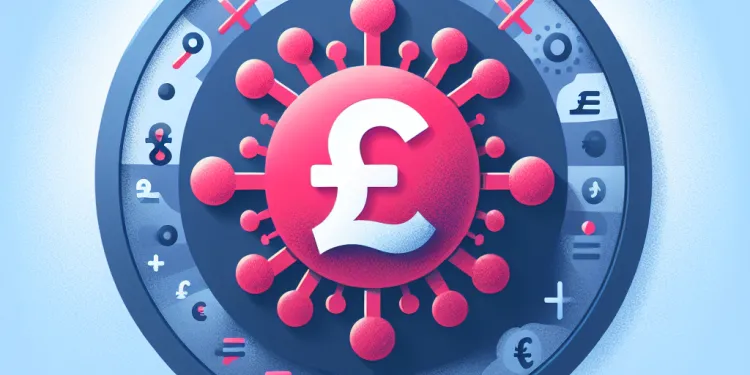
Find Help
More Items From Ergsy search
-
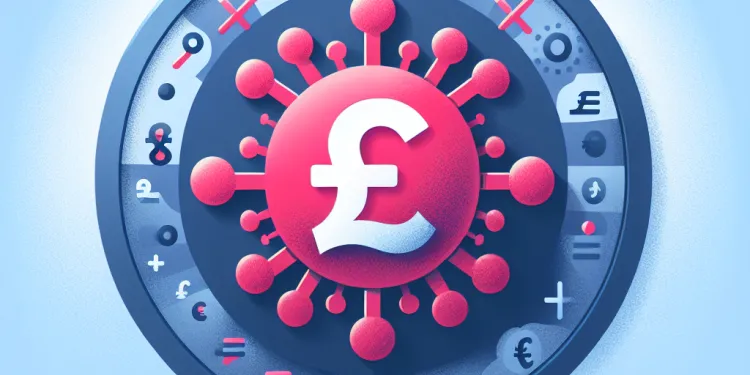
How can HPV be prevented?
Relevance: 100%
-

How common is HPV?
Relevance: 79%
-
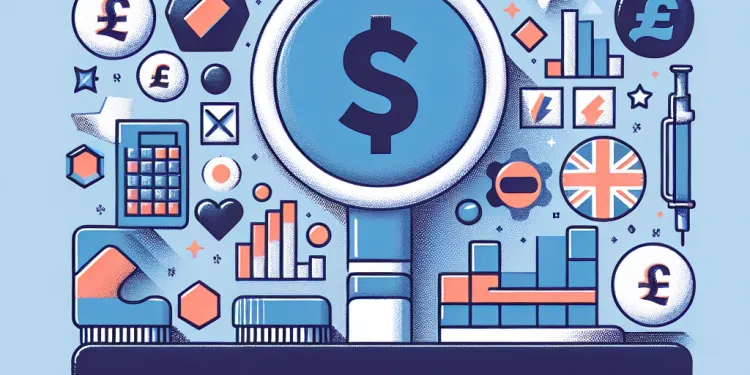
Can HPV be treated?
Relevance: 79%
-
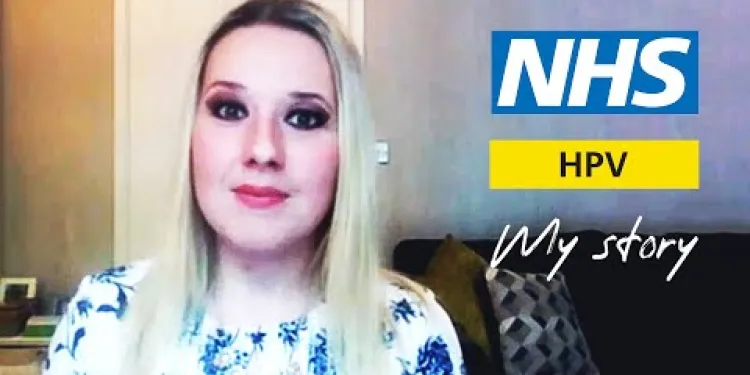
HPV - My Story | NHS
Relevance: 79%
-
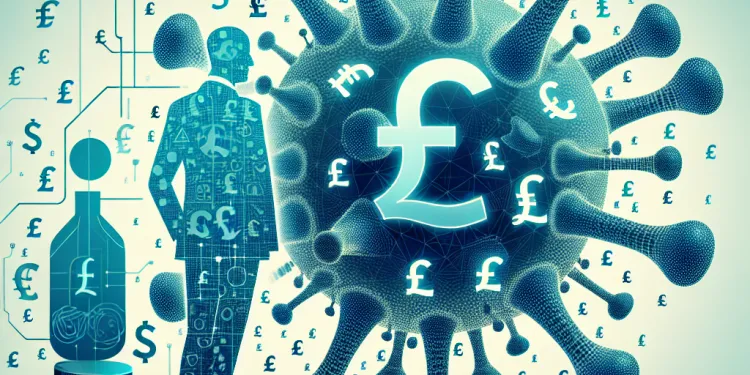
What is the HPV Virus?
Relevance: 78%
-
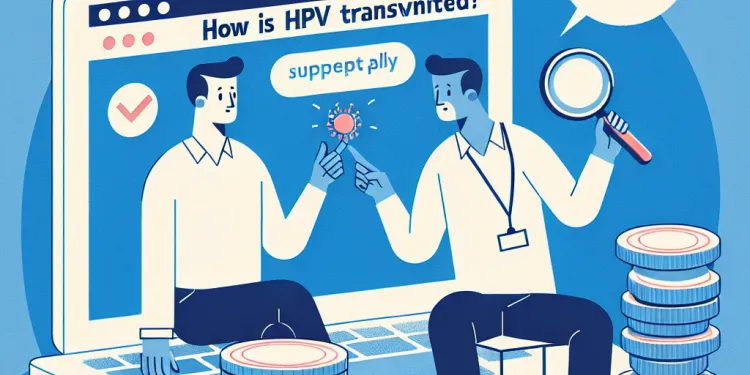
How is HPV transmitted?
Relevance: 78%
-
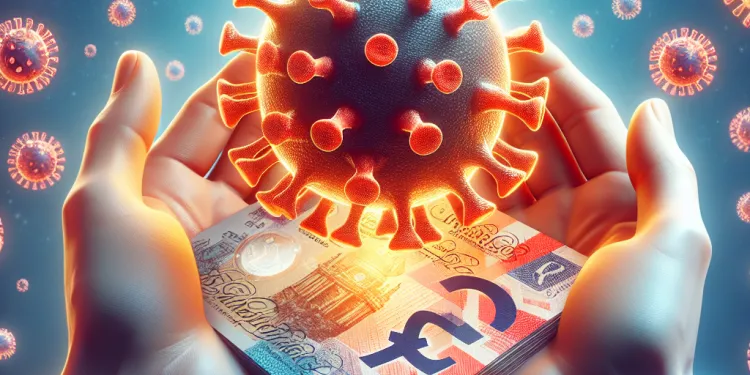
Can HPV lead to cancer?
Relevance: 77%
-
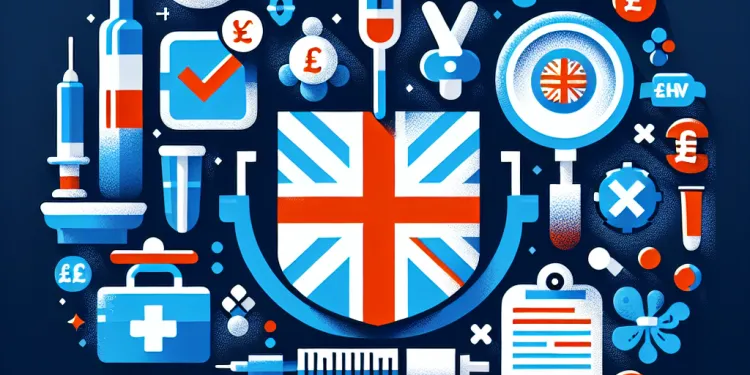
Is HPV testing available?
Relevance: 76%
-

Are there symptoms of an HPV infection?
Relevance: 76%
-
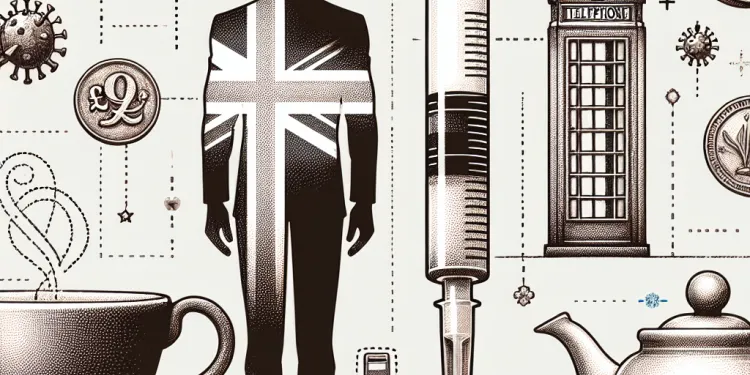
Do men need the HPV vaccine?
Relevance: 76%
-
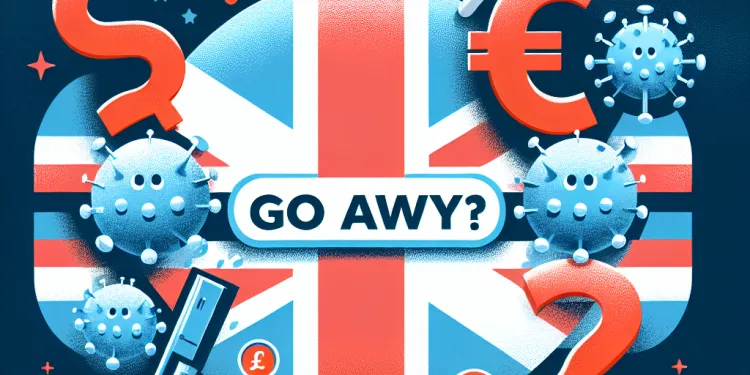
Can HPV go away on its own?
Relevance: 75%
-
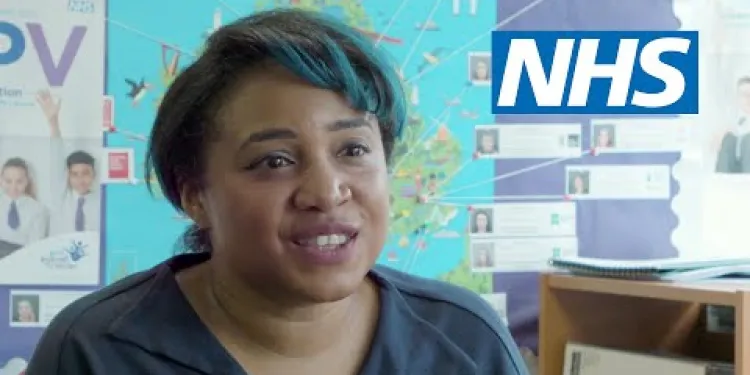
What is the year 8 HPV vaccine? | NHS
Relevance: 73%
-
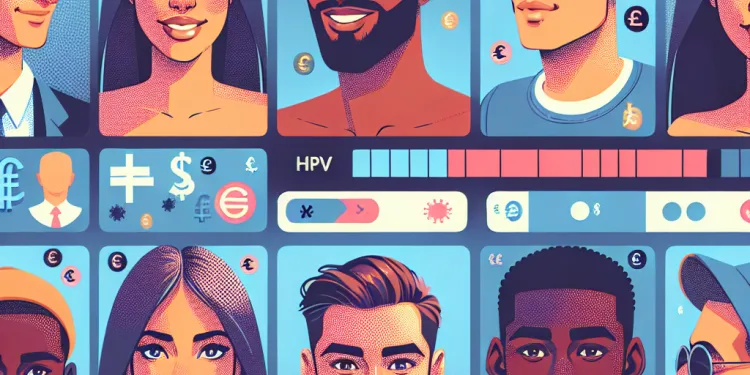
Can HPV affect both men and women?
Relevance: 73%
-
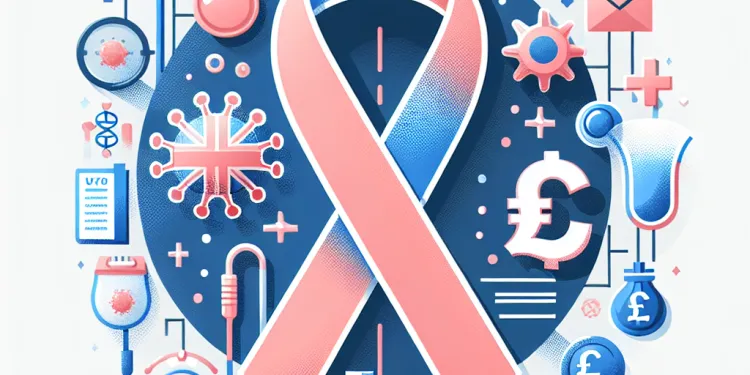
What is the link between HPV and cervical cancer?
Relevance: 72%
-
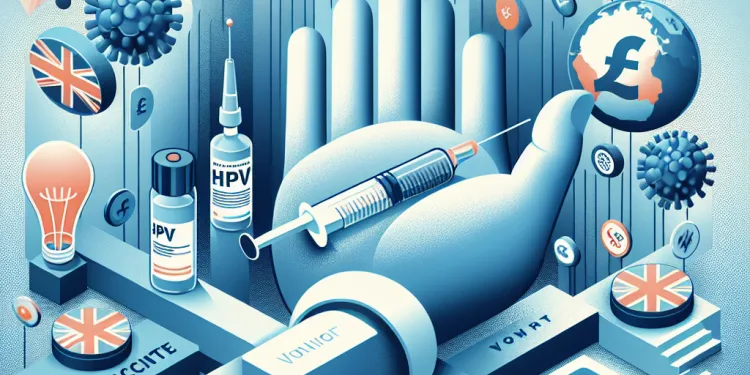
Who should get the HPV vaccine?
Relevance: 71%
-
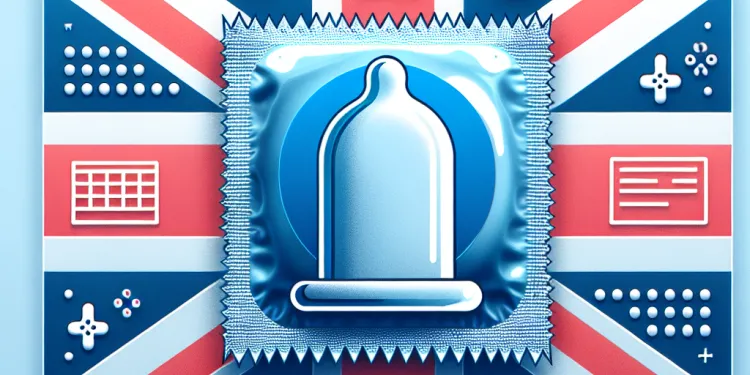
Can using condoms fully protect against HPV?
Relevance: 71%
-
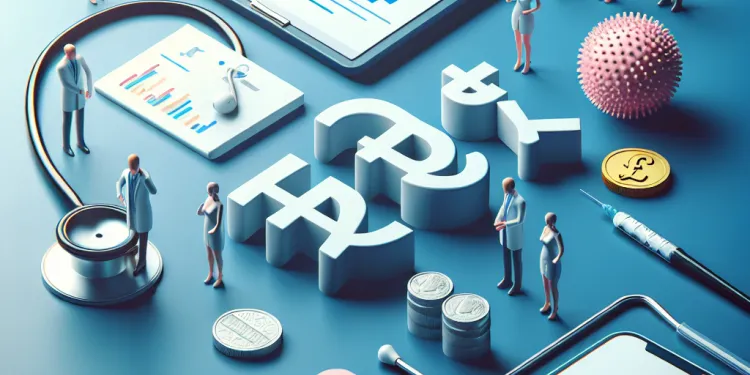
What health problems can HPV cause?
Relevance: 69%
-
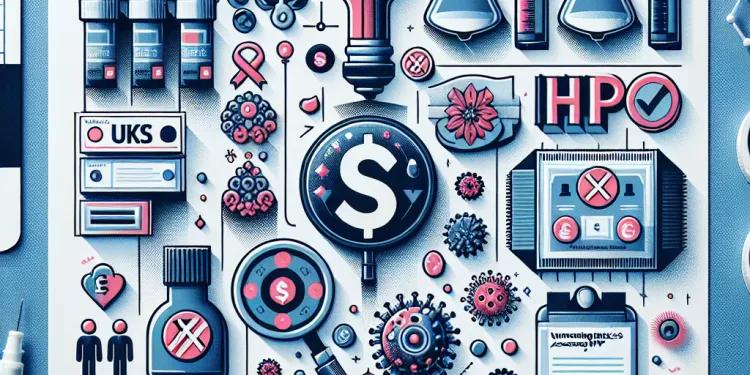
What age group is most at risk for HPV?
Relevance: 68%
-
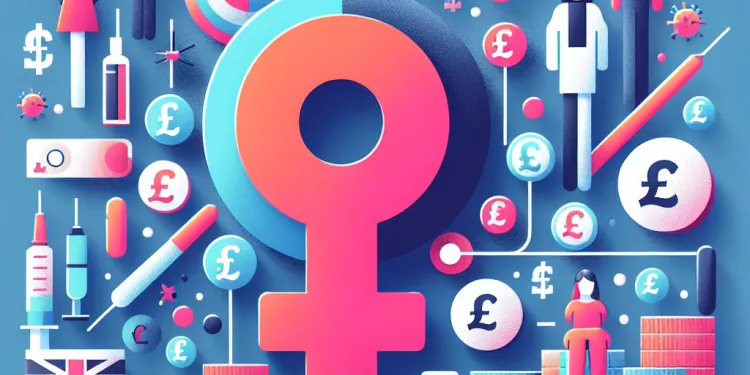
Surge in HPV Vaccination Rates Among Young Women in the UK
Relevance: 67%
-
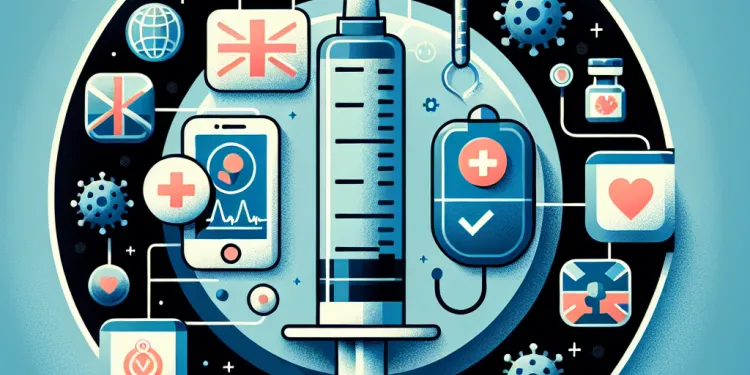
Is there a vaccine for HPV?
Relevance: 60%
-
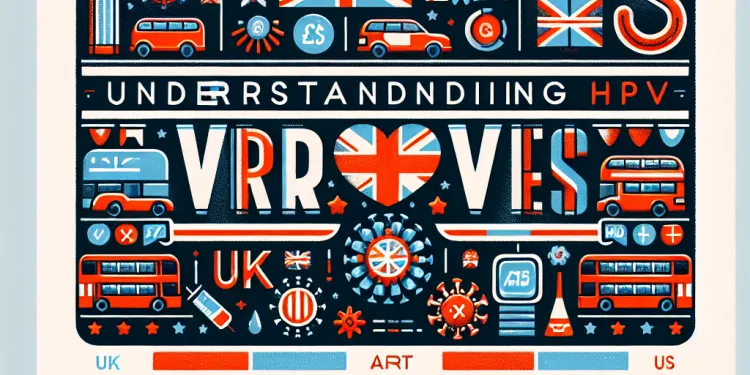
How many types of HPV are there?
Relevance: 55%
-
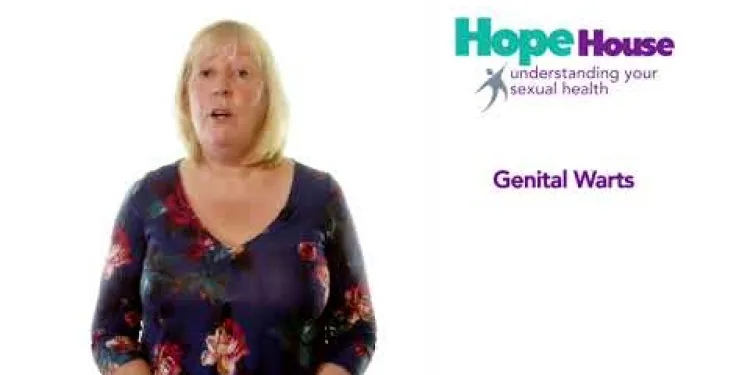
Understanding Your Sexual Health - Genital Warts
Relevance: 38%
-
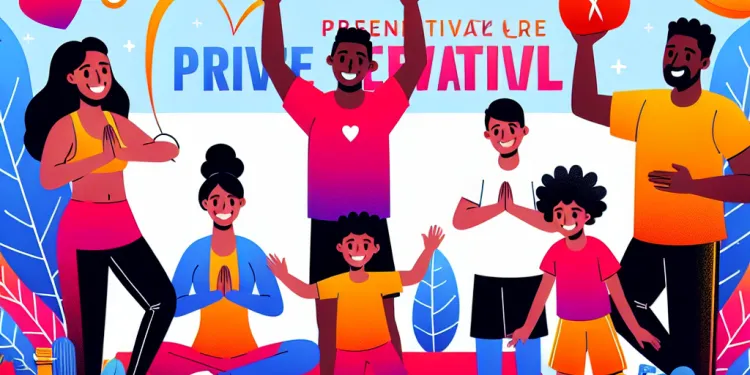
Preventative Care: What Your Family Needs
Relevance: 35%
-
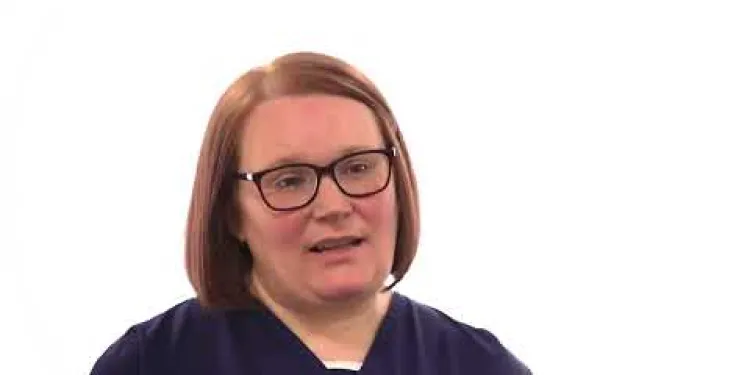
Vaginal Cancer
Relevance: 32%
-
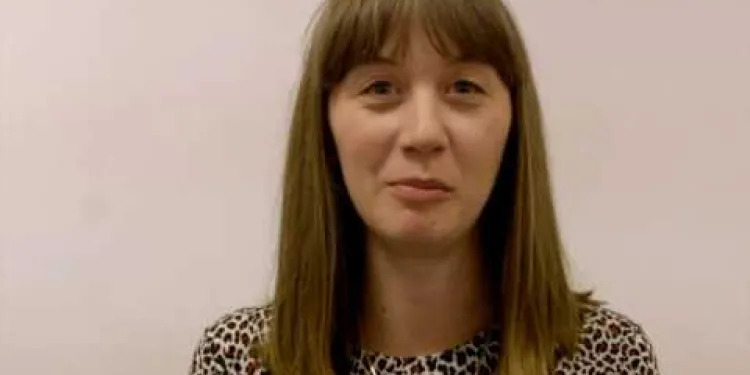
Cervical screening (smear test) – what’s it all about?
Relevance: 32%
-
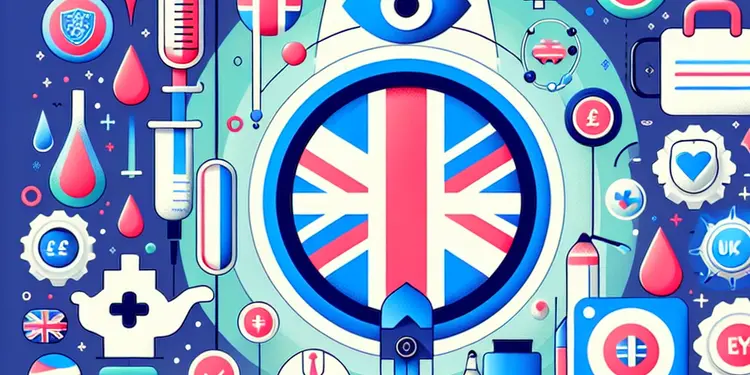
Can hypotony be prevented?
Relevance: 32%
-
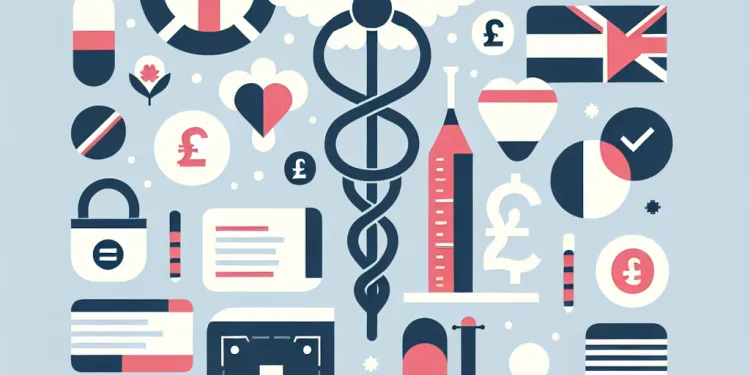
Can HPV cause infertility?
Relevance: 32%
-
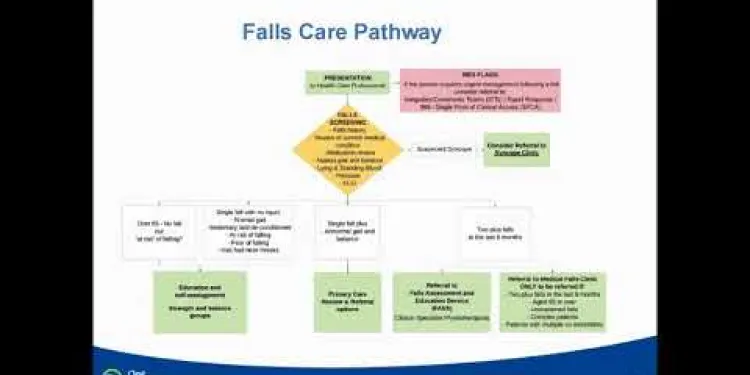
Falls Prevention Podcast
Relevance: 32%
-

Can CFS be prevented?
Relevance: 32%
-

Can meningitis be prevented?
Relevance: 32%
-
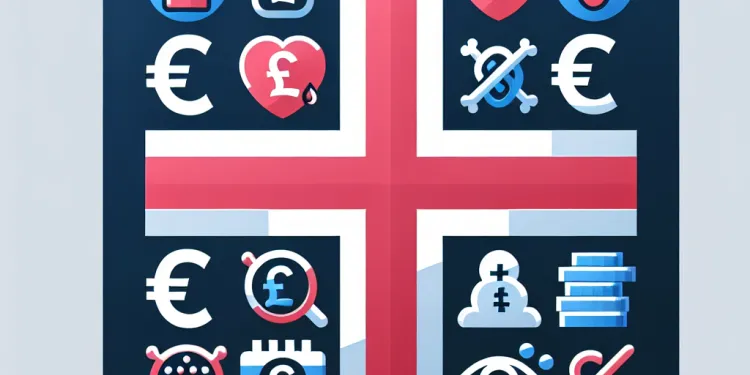
Can gonorrhoea be prevented?
Relevance: 32%
-

Mouth Cancer Infomercial
Relevance: 32%
-
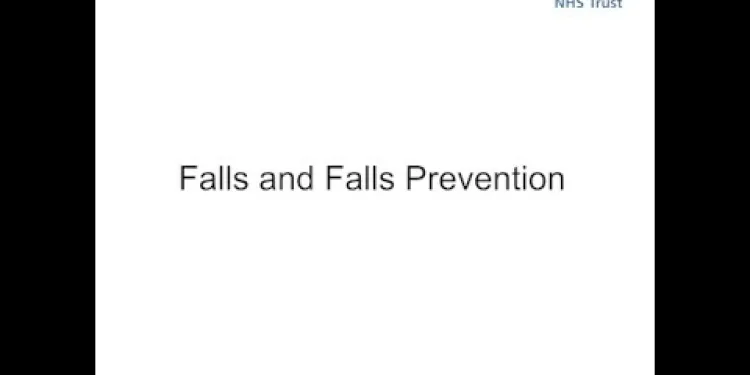
Falls and Falls Prevention
Relevance: 32%
-
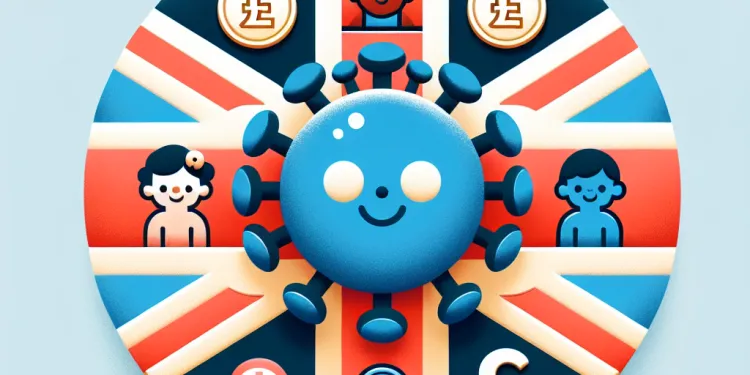
Can chickenpox be prevented?
Relevance: 32%
-
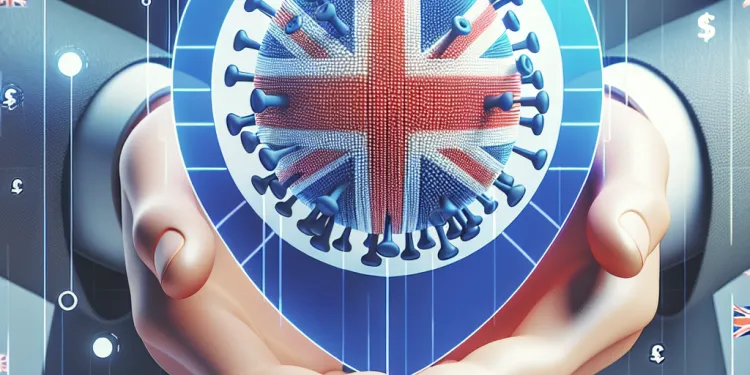
Can Rubella be prevented?
Relevance: 31%
-
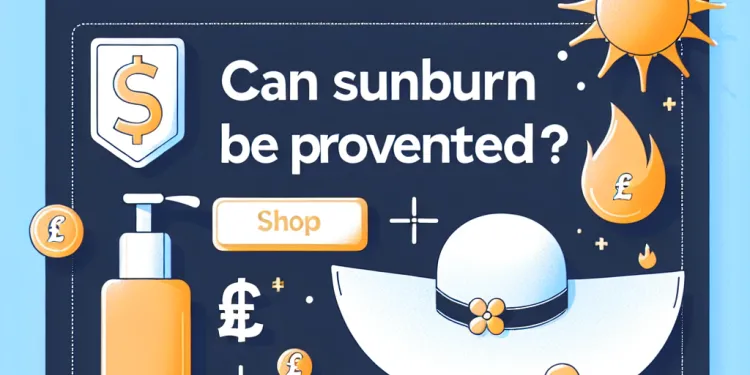
Can sunburn be prevented?
Relevance: 31%
-
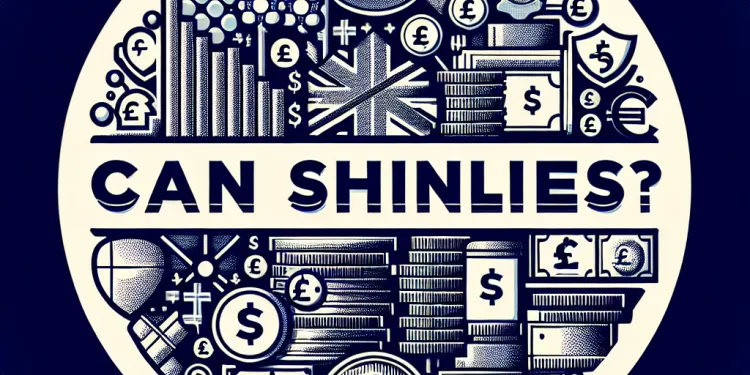
Can shingles be prevented?
Relevance: 31%
-
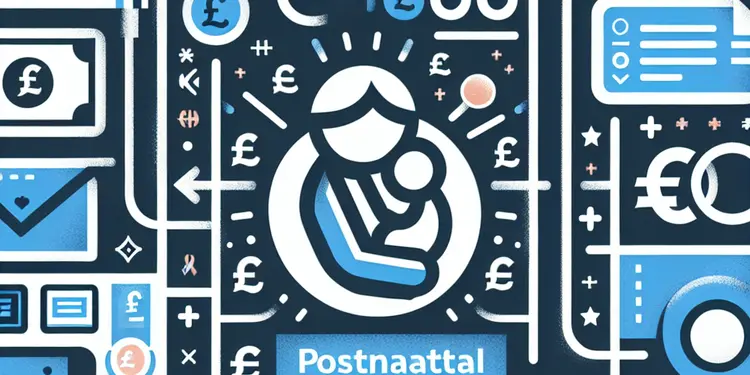
Is postnatal depression preventable?
Relevance: 31%
-
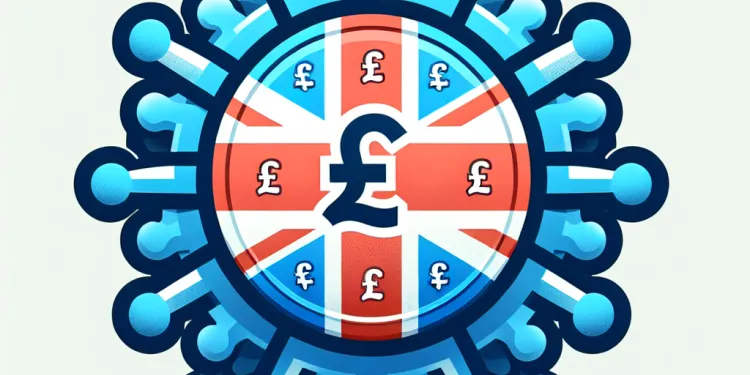
Can shingles be prevented?
Relevance: 31%
-
Are there preventative measures for eating disorders?
Relevance: 30%
Introduction to HPV Prevention
Human Papillomavirus (HPV) is a common virus with many strains, some of which can lead to serious health issues like cervical cancer, genital warts, and other cancers. Preventing HPV is important for reducing the risk of these conditions. Fortunately, there are several effective strategies that individuals in the UK can employ to prevent HPV infection.
HPV Vaccination
The most effective way to prevent HPV infection is through vaccination. The NHS provides the HPV vaccine for free to children aged 12 to 13, usually administered at schools. The vaccine is highly effective in preventing the types of HPV that cause most cervical cancers and genital warts. It is recommended for both boys and girls, as both can be carriers and transmitters of the virus. For those who missed the school vaccination program, the vaccine is available up until the age of 25.
Regular Screening
Regular screening is crucial for early detection and prevention of HPV-related conditions. In the UK, women aged 25 to 64 are invited to attend cervical screening (smear tests) every three to five years. Cervical screening is a method of detecting abnormal cells on the cervix, which can develop into cancer if not treated. Early treatment of these abnormal cells can prevent cervical cancer. While the screening does not prevent HPV infection, it plays a critical role in preventing cancer by allowing for early intervention.
Safe Sexual Practices
Practicing safe sex can significantly reduce the risk of HPV infection. Using condoms during sexual intercourse can lower the chances of contracting HPV, although it is not 100% effective as HPV can infect areas not covered by a condom. Limiting the number of sexual partners and maintaining a mutually monogamous relationship can also reduce the risk of exposure to HPV.
Educational Awareness
Awareness and education about HPV are essential components of prevention. Understanding how HPV is transmitted, its potential health effects, and the means of prevention can empower individuals to make informed decisions about their health. Educational efforts can be implemented through schools, healthcare providers, and public health campaigns to ensure widespread understanding and participation in preventive measures.
Conclusion
HPV prevention requires a multifaceted approach, including vaccination, regular screening, safe sexual practices, and effective education. By employing these strategies, individuals in the UK can significantly reduce their risk of HPV infection and its associated health complications. Public health initiatives continue to play a vital role in increasing awareness and access to preventive measures, helping to protect more people from the potential impacts of HPV.
Introduction to HPV Prevention
Human Papillomavirus, or HPV, is a virus. It can cause serious health problems like cervical cancer and genital warts. Some kinds of HPV can lead to these issues. It is important to stop HPV to keep healthy. There are ways to help people in the UK stop catching HPV.
HPV Vaccination
The best way to stop HPV is by having a vaccine. The NHS gives the HPV vaccine for free to children aged 12 to 13. They usually get it at school. The vaccine is very good at stopping the types of HPV that cause most cervical cancers and genital warts. It is recommended for both boys and girls. This is because both can catch and give the virus. If someone misses the vaccine at school, they can still get it up to age 25.
Regular Screening
Regular checks are very important to find and stop diseases related to HPV. In the UK, women aged 25 to 64 should go for cervical screening every three to five years. This is also called a smear test. It helps find abnormal cells on the cervix. These cells can turn into cancer if not treated. Treating them early can stop cervical cancer. While screening does not stop HPV, it helps find problems early so they can be fixed.
Safe Sexual Practices
Practicing safe sex can help lower the chance of getting HPV. Using condoms during sex can help, but it is not 100% able to stop HPV. This is because HPV can affect areas not covered by a condom. Having fewer sexual partners and being in a monogamous relationship can also lower the risk of getting HPV.
Educational Awareness
Knowing more about HPV is very important. Learning how people get HPV, what it can do to health, and how to stop it helps people make good choices. Education can take place in schools, from doctors, and through public health talks. This helps more people understand and take steps to stay safe from HPV.
Conclusion
Stopping HPV takes many steps. These include getting the vaccine, doing regular checks, practicing safe sex, and learning about HPV. By doing these things, people in the UK can lower their chance of getting HPV and staying healthy. Public health programs help by teaching more people and making sure they can get protection against HPV.
Frequently Asked Questions
What is the most effective way to prevent HPV?
The most effective way to prevent HPV is through vaccination with the HPV vaccine.
At what age should someone get the HPV vaccine?
The HPV vaccine is recommended for preteens aged 11 to 12, but can be given starting at age 9 and up to age 26.
Is the HPV vaccine effective for adults over 26?
The HPV vaccine is not typically recommended for adults over 26, but some individuals may choose to get it after consulting with their healthcare provider.
Can using condoms help prevent HPV?
Yes, using condoms consistently and correctly can lower your chances of contracting HPV, but they don't provide complete protection.
Does having one sexual partner reduce the risk of HPV?
Limiting the number of sexual partners reduces the risk of HPV, but it's still possible to contract the virus from one partner.
Can abstaining from sexual activity prevent HPV?
Yes, abstaining from all sexual activity is the only certain way to prevent HPV.
Does HPV vaccination eliminate the need for cervical screening?
No, women should continue regular cervical cancer screenings even after receiving the HPV vaccine.
How many doses of the HPV vaccine are needed?
The HPV vaccine is given in two or three doses, depending on the age of the person being vaccinated.
Can smoking cessation help in preventing HPV-related cancers?
Yes, avoiding smoking can reduce the risk of HPV-related cancers such as cervical cancer.
Is the HPV vaccine safe?
Yes, the HPV vaccine is safe and has been thoroughly studied for safety and efficacy.
Should males also get the HPV vaccine?
Yes, the HPV vaccine is recommended for both males and females to prevent HPV-related diseases.
Can natural immunity prevent HPV?
Most people do not have natural immunity to HPV, which is why vaccination is important.
Does regular STI testing help in preventing HPV?
While STI testing helps in early detection and treatment, it does not prevent HPV, though it can help manage its effects.
Can dental dams be used to prevent HPV during oral sex?
Yes, dental dams can reduce the risk of HPV transmission during oral sex.
Does the HPV vaccine protect against all types of HPV?
The HPV vaccine protects against the most common cancer-causing types, but not all types of HPV.
Are there any lifestyle changes that can help prevent HPV?
Practicing safe sex, using protection, limiting the number of sexual partners, and getting vaccinated are effective ways to prevent HPV.
Can someone who has had HPV benefit from the vaccine?
Yes, the vaccine can protect against other types of HPV they haven't been exposed to.
Is the HPV vaccine covered by insurance?
Most insurance plans cover the HPV vaccine. Check with your provider for specific coverage details.
Can avoiding alcohol help prevent HPV?
While there is no direct link, reducing alcohol consumption can contribute to overall healthier lifestyle choices.
Can proper hygiene help in preventing HPV?
While good hygiene is important, it is not specifically effective in preventing HPV transmission.
How can you stop getting HPV?
The best way to stop HPV is to get the HPV vaccine.
How old should you be to get the HPV shot?
It's best to get the HPV shot when you are 11 or 12 years old.
Sometimes, kids can get it as early as 9 years old.
If you are older and haven't had the shot, you can still get it.
Ask a doctor or nurse for help if you have questions.
The HPV vaccine is a medicine to help stop certain kinds of cancer. It is best for kids who are 11 or 12 years old. But children as young as 9 can get it. People can also get it up to age 26.
Does the HPV vaccine work for adults over 26?
The HPV vaccine helps protect against a virus that can cause some cancers. It is most helpful for younger people. But if you are over 26, it might still be helpful for you. It is a good idea to talk to a doctor about it.
Supportive tools like pictures or simple charts can help explain how the vaccine works. You can also use apps or videos that explain health in easy words.
The HPV shot is not usually given to people older than 26. But, some people might still choose to get it. It's a good idea to talk to a doctor about this.
Do condoms stop you from getting HPV?
HPV is a virus that can make you sick.
Using condoms can help keep you safe from HPV.
Condoms cover the skin and stop the virus from spreading.
But, condoms do not cover all the skin, so it is not 100% safe.
It is good to use condoms to help protect yourself.
If you want to learn more, you can talk to a doctor or visit a health website for kids.
Using condoms the right way every time can help keep you safe from getting HPV. But remember, they don't stop it completely.
Does having one boyfriend or girlfriend lower the risk of getting HPV?
Having just one boyfriend or girlfriend can help keep you safer from HPV. HPV is a virus that can make you sick.
Here are some ways to stay safe:
- Talk to your partner about staying healthy.
- Get the HPV vaccine from a doctor.
- Use protection like condoms when you are close.
If you don't understand, ask an adult or a doctor for help. It's important to take care of your health.
Having fewer boyfriends or girlfriends can help keep you safe from a bug called HPV. But remember, you can still get HPV from just one boyfriend or girlfriend.
Does not having sex stop you from getting HPV?
Yes, not having any kind of sex is the only way to be sure you won't get HPV.
Do you still need cervical screening if you have the HPV vaccine?
The HPV vaccine can help protect you from some types of virus that cause cervical cancer. But, it's still important to go for regular cervical screenings too. These check-ups help find any changes early and keep you healthy.
Here are some tools that can help you understand better:
- Ask your doctor any questions you have.
- Use pictures or videos to see how screenings work.
- Talk to someone who has been screened before.
No, women should still go for regular checks for cervical cancer, even if they have had the HPV vaccine.
How many HPV vaccine shots do you need?
You need to get the HPV vaccine. The vaccine helps protect you from getting sick.
You might need 2 or 3 shots. Your doctor will tell you how many you need.
To remember your shots, you can:
- Use a calendar to mark the dates.
- Set reminders on your phone.
- Ask someone to help you remember.
The HPV vaccine is a medicine that helps keep you safe from getting some types of cancer. It is given as either two or three shots, depending on how old you are.
Can stopping smoking help prevent cancers caused by HPV?
Yes, not smoking can help you lower the chance of getting cancers linked to HPV, like cervical cancer.
Is the HPV vaccine safe?
The HPV vaccine is safe.
It helps protect you from getting sick.
Doctors and scientists have tested it a lot.
If you have questions, you can:
- Ask your doctor or nurse.
- Read more with help from an adult.
Yes, the HPV vaccine is safe. Doctors have checked it a lot to make sure it works well and is safe.
Should boys get the HPV shot too?
Boys should get the HPV shot to stay healthy. The shot helps stop some kinds of cancer. It also helps keep others safe from getting sick. Talk to a doctor about the HPV shot. You can also ask a nurse or a parent for help. They can explain more.
Yes, both boys and girls should get the HPV shot. It helps stop diseases caused by HPV.
Can our body's natural defenses stop HPV?
Most people can’t naturally fight off HPV. This is why getting the vaccine is important.
Does getting STI tests often stop HPV?
It is good to see a doctor and get checked for STIs. This helps catch problems early.
HPV is a virus. Sometimes, tests can help find it. This means doctors can help you sooner.
If you don't understand something, ask a friend or family member to help.
You can also use a dictionary or read about it online.
Getting tested for STIs (infections you can get from sex) helps doctors find and treat them early. But these tests do not stop HPV, even though they can help with any problems HPV may cause.
Can you use dental dams to stop HPV when having oral sex?
Yes, you can use dental dams to help protect against HPV during oral sex. A dental dam is a thin, stretchy piece of rubber. It acts like a barrier. You put it over the parts of the body involved in oral sex. This can help stop germs like HPV from spreading.
Here are some tips:
- Use a new dental dam each time.
- Make sure it covers the whole area.
- Do not reuse a dental dam.
Using dental dams can be a good way to stay safe and healthy. If you have questions, ask a doctor or nurse for help.
Yes, using dental dams can help keep you safe from HPV during oral sex.
Does the HPV vaccine protect against all types of HPV?
The HPV vaccine protects you from many types of HPV, but not all. HPV stands for Human Papillomavirus. It is a germ that can make people sick. The vaccine helps protect you from the bad germs.
The vaccine is like a superhero shield. It stops some germs from making you sick. But, it might not stop all the germs. So, it's important to stay healthy in other ways too.
You can talk to a doctor or nurse to learn more. They can help answer your questions. You can also use helpful apps or websites to learn more.
The HPV vaccine helps stop the most common types of HPV that can cause cancer, but it does not protect against all types of HPV.
Can changing how I live help stop HPV?
To avoid HPV, you can follow some simple steps. Use protection when you have sex. Try to have fewer sexual partners. Also, getting a vaccine can help keep you safe.
Can a person who had HPV still get help from the vaccine?
Yes, the vaccine can help protect against other kinds of HPV that the person hasn't had yet.
If you find reading hard, you can ask someone to read it to you and talk about it together.
Use a dictionary or tools on the computer to help understand words.
Take your time and ask questions if you need more help.
Does insurance pay for the HPV shot?
Most health insurance pays for the HPV shot. Ask your insurance company to find out more about what they cover.
Does not drinking alcohol stop you from getting HPV?
Drinking less alcohol can help you make better choices for a healthy life.
Will staying clean stop HPV?
Keeping clean is good, but it doesn't really stop HPV from spreading.
Useful Links
Have you found an error, or do you have a link or some information you would like to share? Please let us know using the form below.
-->
This website offers general information and is not a substitute for professional advice.
Always seek guidance from qualified professionals.
If you have any medical concerns or need urgent help, contact a healthcare professional or emergency services immediately.
Some of this content was generated with AI assistance. We’ve done our best to keep it accurate, helpful, and human-friendly.
- Ergsy carfully checks the information in the videos we provide here.
- Videos shown by Youtube after a video has completed, have NOT been reviewed by ERGSY.
- To view, click the arrow in centre of video.
- Most of the videos you find here will have subtitles and/or closed captions available.
- You may need to turn these on, and choose your preferred language.
- Go to the video you'd like to watch.
- If closed captions (CC) are available, settings will be visible on the bottom right of the video player.
- To turn on Captions, click settings .
- To turn off Captions, click settings again.
More Items From Ergsy search
-

How can HPV be prevented?
Relevance: 100%
-

How common is HPV?
Relevance: 79%
-

Can HPV be treated?
Relevance: 79%
-

HPV - My Story | NHS
Relevance: 79%
-

What is the HPV Virus?
Relevance: 78%
-

How is HPV transmitted?
Relevance: 78%
-

Can HPV lead to cancer?
Relevance: 77%
-

Is HPV testing available?
Relevance: 76%
-

Are there symptoms of an HPV infection?
Relevance: 76%
-

Do men need the HPV vaccine?
Relevance: 76%
-

Can HPV go away on its own?
Relevance: 75%
-

What is the year 8 HPV vaccine? | NHS
Relevance: 73%
-

Can HPV affect both men and women?
Relevance: 73%
-

What is the link between HPV and cervical cancer?
Relevance: 72%
-

Who should get the HPV vaccine?
Relevance: 71%
-

Can using condoms fully protect against HPV?
Relevance: 71%
-

What health problems can HPV cause?
Relevance: 69%
-

What age group is most at risk for HPV?
Relevance: 68%
-

Surge in HPV Vaccination Rates Among Young Women in the UK
Relevance: 67%
-

Is there a vaccine for HPV?
Relevance: 60%
-

How many types of HPV are there?
Relevance: 55%
-

Understanding Your Sexual Health - Genital Warts
Relevance: 38%
-

Preventative Care: What Your Family Needs
Relevance: 35%
-

Vaginal Cancer
Relevance: 32%
-

Cervical screening (smear test) – what’s it all about?
Relevance: 32%
-

Can hypotony be prevented?
Relevance: 32%
-

Can HPV cause infertility?
Relevance: 32%
-

Falls Prevention Podcast
Relevance: 32%
-

Can CFS be prevented?
Relevance: 32%
-

Can meningitis be prevented?
Relevance: 32%
-

Can gonorrhoea be prevented?
Relevance: 32%
-

Mouth Cancer Infomercial
Relevance: 32%
-

Falls and Falls Prevention
Relevance: 32%
-

Can chickenpox be prevented?
Relevance: 32%
-

Can Rubella be prevented?
Relevance: 31%
-

Can sunburn be prevented?
Relevance: 31%
-

Can shingles be prevented?
Relevance: 31%
-

Is postnatal depression preventable?
Relevance: 31%
-

Can shingles be prevented?
Relevance: 31%
-
Are there preventative measures for eating disorders?
Relevance: 30%


